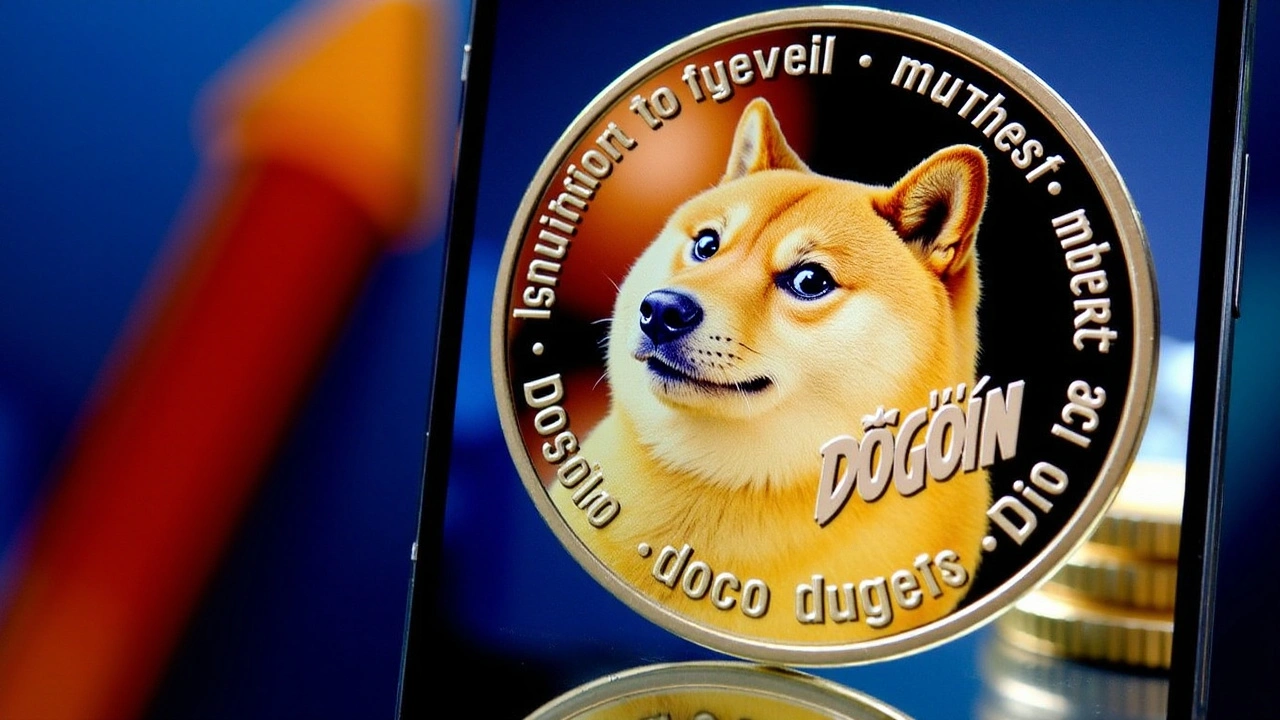Understanding Market Capitalization: What Every Investor Should Know
If you've ever glanced at stock market news or company profiles, you might have seen the term "market capitalization" or "market cap" thrown around. But what exactly does it mean, and why should you care? Market capitalization is just a way to estimate a company's size and value based on its stock price and the number of shares available. It gives you a quick snapshot of how the market values a company at any given time.
To get market cap, you simply multiply the current share price by the total number of shares outstanding. For example, if a company has 10 million shares and each is worth 50 rand, its market cap is 500 million rand. This figure helps investors compare companies and decide which might be worth investing in.
Why Market Capitalization Matters
Market cap often is used to categorize companies into small-cap, mid-cap, and large-cap. Typically, large-cap companies are well-established and less risky but may grow slowly. Small caps might have more growth potential but come with higher risk. Understanding this helps you balance your portfolio according to your risk tolerance.
Unlike market capitalization, a company’s revenue or profits doesn’t always reflect how the market values it. Sometimes the market is optimistic about a company’s future or cautious due to recent events, which affects its market cap. So, market cap isn’t the full story, but it’s a handy starting point.
How Market Cap Influences Investment Decisions
Knowing a company's market cap can guide your investing strategy. For instance, during times of economic uncertainty, investors might prefer large-cap stocks for stability. On the other hand, if you’re looking for companies with high growth potential, small or mid-cap stocks could be more attractive—though riskier.
Market cap also affects index funds and ETFs, which often weight investments based on company size. That means companies with larger market caps get more influence in these funds, impacting your returns indirectly.
Bottom line: market capitalization is a simple yet powerful concept that helps you understand company sizes and make smarter investment choices. Keep it in mind as you explore the stock market and consider where to put your money.
Dogecoin Soars in Market Capitalization, Surpassing Major Corporations Like Ford, Delta, and General Mills
Dogecoin (DOGE) has significantly increased its market capitalization to over $60 billion, surpassing companies like Ford, Delta Air Lines, and General Mills. This surge is attributed to the appointment of Elon Musk to a governmental department, hinting at his influence and support towards the cryptocurrency. Despite signs of buyer fatigue and miner sell-offs, retail interest remains robust, but cautious monitoring of market indicators is advised.
Julian Parsons | Nov, 14 2024 Read More
